History
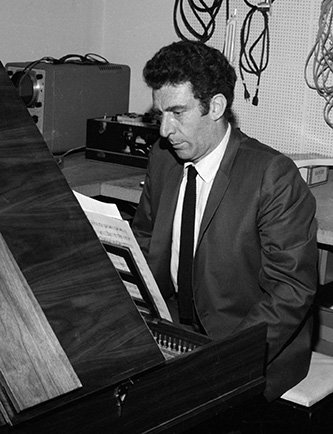
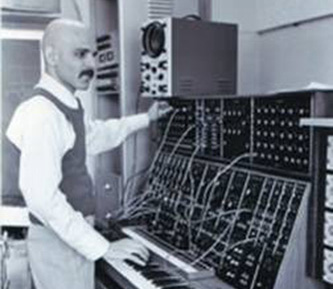
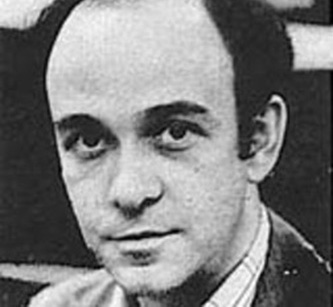
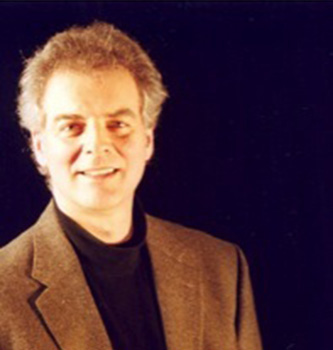
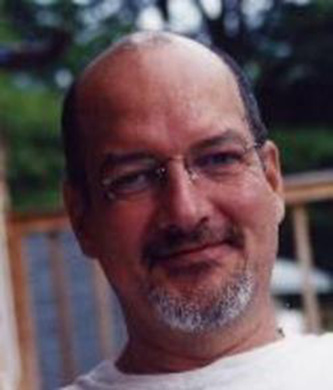
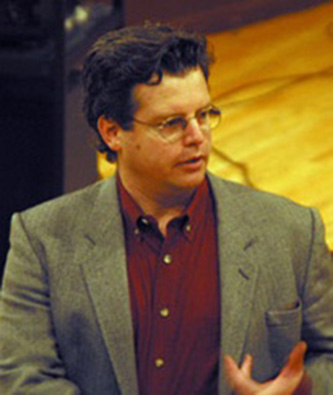
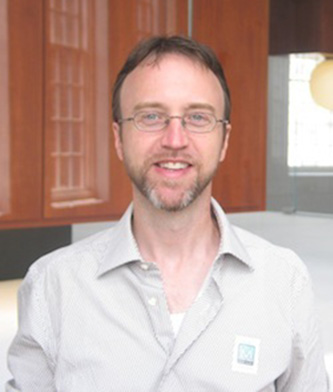
The Brooklyn College Center for Computer Music originated when composer Robert Starer, then a member of the faculty of the Brooklyn College Conservatory, originated the idea of creating an electronic music studio at Brooklyn College in the mid-1970s. The idea took root, and Jacob Druckman and Noah Creshevsky were the studio's first co-directors. In those early days the equipment consisted largely of Moog analog synthesizers. Charles Dodge took over as director in 1978, and he was responsible for having the studios designated as an official center within Brooklyn College, the Center for Computer Music (CCM), that same year.
Dodge was a pivotal figure in the history of the center. Originally from Iowa, he earned a bachelor's degree at the University of Iowa and an M.A. and doctorate (D.M.A.) in music composition at Columbia University. While at Columbia, Dodge was very active at the Columbia-Princeton Electronic Music Center. In particular, he was one of the leading innovators in the emerging field of computer music composition (as opposed to analog electronic composition, the norm in the field through the 1970s). He created some of the first meritorious works in the field of computer music, including Earth's Magnetic Field (1970), which mapped magnetic field data to musical sounds; Speech Songs, a 1974 work that used analysis and resynthesis of human voices; and Any Resemblance is Purely Coincidental (1980), which combines live piano performance with a digitally manipulated recording of Enrico Caruso singing the aria "Vesti la giubba."
During Dodge's years as professor of composition and director of the Center for Computer Music, he brought it to a world-class standing in the field of computer music. He secured an initial donation of equipment from Bell Laboratories, and then proceeded to acquire large grants to fund CCM work. The facilities initially received more than $250,000 in funding through grants from the United States Office of Education, the National Endowment for the Arts (NEA), the City University of New York Faculty Research and Award Program, and the Rockefeller Foundation as well as donations from private individuals.
Under Dodge's leadership and with the boundless energies of numerous students, guests, and artistic partners, the CCM came to national prominence. At that time the United States was leading the world in the field of computer music, and so this made the CCM one of the world's most highly regarded centers for computer music. In fact, in its earliest incarnation, the NEA gave the CCM the highest rating for computer music facilities, topping Princeton, Yale, MIT, Cal-Arts, and UC Berkeley.
In addition to the funding, Dodge brought prominence to the CCM through its activities and international purview. During these years, the CCM presented summer workshops, which were attended by musicians from around the world, and hosted residencies for many composers of national and international stature, including John Cage, Lejaren Hiller, Laurie Speigel, Judy Klein, Larry Austin, the Fylkingen Group from Stockholm, EMS Sweden, Robert Dick, Bob Ostertag, Morton Subotnick, Pauline Oliveros, Jon Appleton, Noah Creshevsky, James Mobberley, Jean Claude Risset, Lars Gunnar Bodin, Sten Hanson, directors of IMEB Françoise Barriere and Christian Clozier, and many others. This helped attract outstanding students, some of whom are now leaders in the field today, including Curtis Bahn (faculty, Rennselear Polytechnic Institute), Matthew Suttor (faculty, Yale), Jason Stanyek (faculty, NYU) and Madelyne Byrne (faculty, Palomar College).
Among the many outstanding artists who have worked at the CCM, John Cage's residency in the mid-1980s stands out as a highlight. While at Brooklyn College, Cage created his work Essay with the assistance of Frances White, Kenneth Worthy, and Victor Friedberg. For this work, Cage used the CCM computers to manipulate a recording of his voice.
In the early 1990s, Dodge stepped down as director of the CCM and Noah Creshevsky took over once again, with George Brunner as technical director. It was at this time that the CCM began to host an International Electro-Acoustic Music Festival and concert series, offering performances of music, video, film, and live electronic works by artists from around the world. When Creshevsky retired in 2000, Brunner took over as acting director until Amnon Wolman was named director in 2003. Douglas Cohen generously served as acting director while Wolman was on an extended leave, and Douglas Geers joined the faculty as director of the CCM in fall 2009.
Over the years, the CCM has strived to stay current with new innovations in music technology. In the 1980s, the equipment consisted of an Alles 4B digital synthesizer attached to a Digital Equipment Corporation LSIII, model 23, micro-computer. This enabled the musician to create performances of computer music in real time. The center also had a Digital Equipment Corporation PDP II, model 44, mini-computer (with a floating point processor) with a full range of software for direct digital synthesis of sound, speech synthesis by analysis, digital musique concrète, and computer-aided composition. It also included an online D/A and A/D conversion, a large soundfile disk, and a tape drive. The next equipment upgrade was to a Sun 3/160 computer, and then in 1991 converted to NeXT workstations, networked by a Sun3 workstation acting as a file server.
In the 1990s, the center was re-fitted with Macintosh computers. Today, the CCM promotes musical and interdisciplinary projects using a variety of computer applications. The focus of the center is on digital audio, synthesis, and digital signal processing. Applications include Pro Tools, MAX-MSP, Pure Data, GRM Tools, Audacity, Sibelius, Spear, Melodyne, Ableton Live, Supercollider, PWGL, OpenMusic, and others. In recent years the center has embraced hardware hacking, and has course work and facilities for students to build their own music instruments from various electronic components and sensors as well as microcontrollers such as the Arduino.
Among its other activities the center also maintains an active visiting composer series. Its recording studio is equipped with multi-track digital recording, with mixdown capabilities. A variety of high-quality microphones, mixers, and digital audio workstations are available. In our new Leonard & Claire Tow Center for the Performing Arts, the center's control room will be linked to a medium-sized room for solo and chamber music recordings and to a fully equipped 200-seat theater for larger ensembles. The conservatory also offers courses in recording technology.






